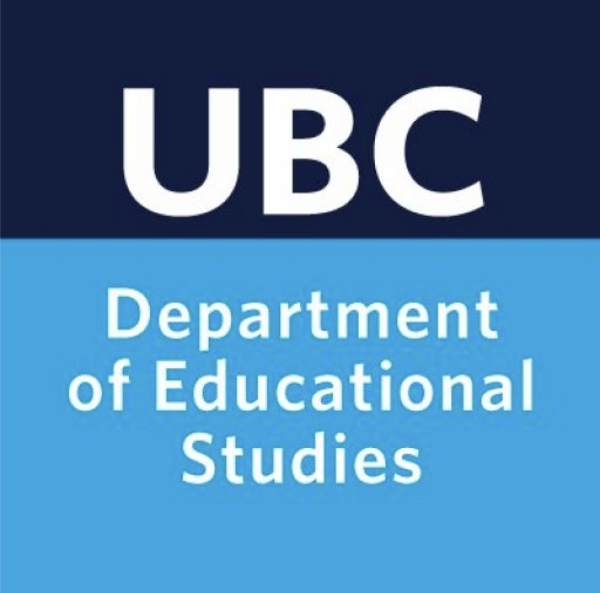Dissertation Workshop Series
This special 10-part blog series shares insights from two dissertation writing workshops hosted by EDST in August 2025. Led by Dr. Autumn Knowlton, EDST alum and professional editor, the workshops offered doctoral students practical guidance on each stage of the dissertation process. From structuring chapters to developing research questions and presenting original contributions, the series supports EDST students in writing with clarity, confidence, and scholarly purpose.
Explore the Full Dissertation Training Series
- Overview Post – About the Workshops and Series
- Part 1 – Not a Book, Not a Mystery: What Your Dissertation Really Is
- Part 2 – From Jumble Sale to Funnel: Planning Your Dissertation for Clarity and Flow
- Part 3 – Hold the Target, Not the Dart: Crafting and Evolving Your Research Questions
- Part 4 – Conversations, Not Catalogues: Writing a Literature Review with Purpose
- Part 5 – Kitchen Rules: Conceptual and Theoretical Frameworks Explained
- Part 6 – You Are the Method: Positionality, Ethics, and Making Knowledge
- Part 7 – Sock Time: Presenting Your Findings with Clarity and Confidence
- Part 8 – Weaving the Threads: Discussion and Meaning-Making
- Part 9 – What I Did, Why It Matters: Writing Your Scholarly Conclusion
- Part 10 – Don’t Go in Circles: Writing, Editing, and Staying Sane
Check them out below!
-

Dissertation Training Series, Post 1 – Not a Book, Not a Mystery: What Your Dissertation Really Is
A dissertation is not a book or a mystery—it’s a structured academic response to a research question, written for a specific audience with clarity and purpose.
-

Dissertation Training Series, Post 2 – From Jumble Sale to Funnel: Planning Your Dissertation for Clarity and Flow
Good dissertations are organized, not just written, and using structure, funnel logic, and APA7/Chicago can help you guide your reader through your ideas.
-

Dissertation Training Series, Post 3 – Hold the Target, Not the Dart: Crafting and Evolving Your Research Questions
Your research question is the anchor of your dissertation, and evolving it thoughtfully is part of becoming a scholar, not a sign of failure.
-

Dissertation Training Series, Post 4 – Conversations, Not Catalogues: Writing a Literature Review with Purpose
A strong literature review is a conversation between scholars, not a list of sources—and it should support your research question at every turn.
-

Dissertation Training Series, Post 5 – Kitchen Rules: Conceptual and Theoretical Frameworks Explained
Conceptual and theoretical frameworks offer the lens for your analysis, but only the ideas doing real work should be in your dissertation.
-

Dissertation Training Series, Post 6 – You Are the Method: Positionality, Ethics, and Making Knowledge
Methodology is about how you create knowledge—your ethics, positionality, and methods must align with your research purpose and values.
-

Dissertation Training Series, Post 7 – Sock Time: Presenting Your Findings with Clarity and Confidence
Your findings chapter is where your Significant Original Contribution to Knowledge (SOCK) begins to emerge, and where your scholarly voice comes alive.
-

Dissertation Training Series, Post 8 – Weaving the Threads: Discussion and Meaning-Making
The discussion chapter weaves together your findings, framework, and literature to show meaning—and make your original contribution clear.
-

Dissertation Training Series, Post 9 – “What I Did, Why It Matters”: Writing Your Scholarly Conclusion
Your conclusion chapter reflects on what you did, why it matters, and how your work contributes to future research, policy, or practice.
-

Dissertation Training Series, Post 10 – Don’t Go in Circles: Writing, Editing, and Staying Sane
Separate writing from editing, use APA7 for structure, and manage your dissertation process with tools and strategies that help you finish strong.
